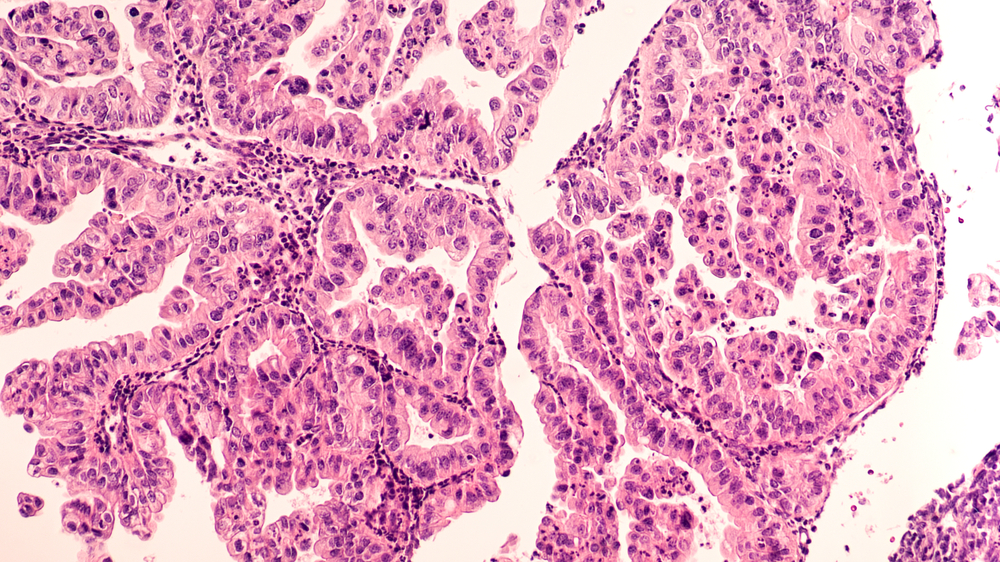Epsilogen, a producer of immunoglobulin E (IgE) antibodies to treat cancer, has published the final phase I data from the first ever clinical trial of an IgE antibody therapeutic.
The results were published in Nature Communications.
MOv18 IgE is Epsilogen’s lead IgE antibody drug candidate and binds to anti-folate receptor (FRα), a well validated target for ovarian cancer. It was administered to 26 patients with high grade serous ovarian carcinoma whose cancer had become platinum-resistant.
Results from the study, entitled “A Cancer Research UK phase I study of MOv18 IgE, a first in class chimeric IgE antibody against folate receptor-alpha, in patients with advanced solid tumours,” showed a manageable safety profile with transient urticaria being the most common adverse event. The urticaria always resolved within hours of dosing, either spontaneously or with the administration of systemic steroids and antihistamines.
Although the trial was not designed to demonstrate efficacy, tumor shrinkage and an associated fall in CA 125 tumor marker level was seen in one patient. Notably, the authors of the paper observed that the anti-tumour activity “occurred at doses very much lower than typically observed for IgG antibodies,” reflecting fundamental differences in Fc-receptor affinity and effector cell biology.
New class of cancer drug
James Spicer, professor of Experimental Cancer Medicine at King’s College London, Consultant in Medical Oncology at Guy’s and St Thomas’ NHS Foundation Trust (GSTT) and the study’s lead investigator, said: “IgE is a completely new form of antibody therapy which has shown great promise in this phase I trial. Our findings show that the drug was well tolerated in patients and shrunk a cancerous tumor in a patient with ovarian cancer. The results pave the way to development of an entirely new class of anti-cancer drug for people with chemotherapy-resistant cancers. The immunology expertise in King’s College London laboratories allowed us to undertake this trial of a completely new form of antibody therapy.”
Tim Wilson, chief executive officer of Epsilogen, added: “The data published in Nature Communications, are encouraging and add further validation to support our belief that IgE antibodies have the potential to emerge as an entirely new treatment modality for patients with cancer. We have a robust clinical development plan in place to progress MOv18 IgE further into the clinic and the data generated will assist us in the development of our other IgE antibody drug candidates.”





